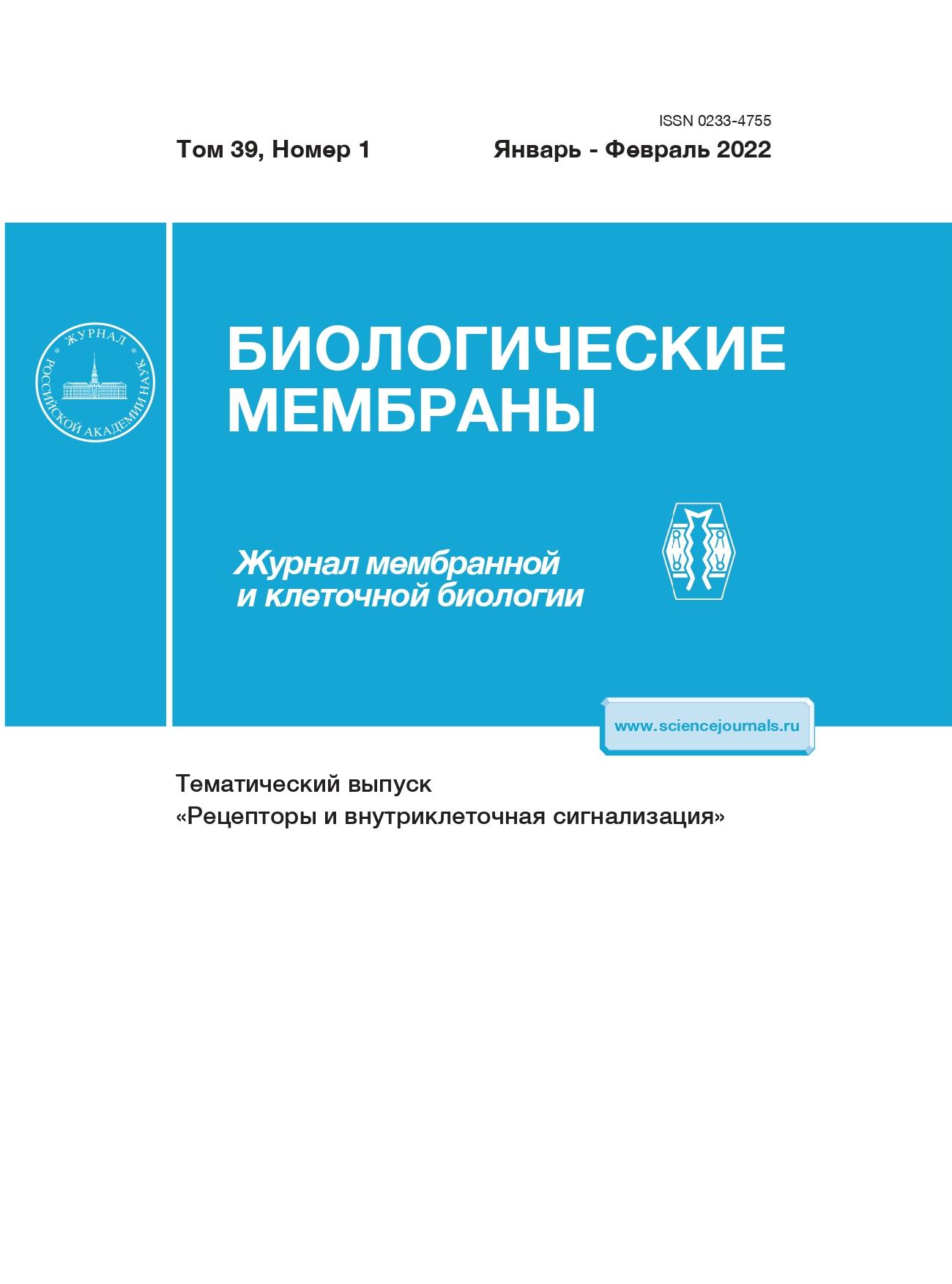
BIOLOGICHESKIE MEMBRANY
Journal of Membrane and Cell Biology

Journal of Membrane and Cell Biology
N. D. Kreshchenko
Biochemistry (Moscow), Supplement Series A: Membrane and Cell Biology. 2020;14(1):81-90
Pages: 81-90
P-glycoprotein (P-gp), an ATP-dependent efflux transporter, plays a critical role in limiting the cellular accumulation of various lipophilic substances, including many therapeutic drugs. This study investigated the impact of oxidative stress on the transport function of P-gp using a Caco-2 cell monolayer model, which overexpresses the transporter. Oxidative stress was experimentally induced by exposing the cells to varying concentrations of hydrogen peroxide (H₂O₂), and the transport of the P-gp substrate fexofenadine was quantified. Exposure to low concentrations of H₂O₂ (10 and 50 µM) for three hours significantly reduced P-gp activity without affecting the total P-gp content or the integrity of the cell monolayer. However, a higher prooxidant concentration (100 µM) led to a decrease in both P-gp content and activity, a violation of the monolayer's integrity, and a marked increase in both transcellular and paracellular transport of fexofenadine. These findings suggest a concentration-dependent mechanism where mild oxidative stress primarily impairs P-gp function, while severe stress compromises both the transporter's expression and the barrier function of the cell monolayer. This work highlights the vulnerability of P-gp-mediated drug efflux and intestinal barrier function to oxidative stress, which has significant implications for drug absorption, distribution, and the efficacy of chemotherapy in pathological conditions characterized by elevated reactive oxygen species.